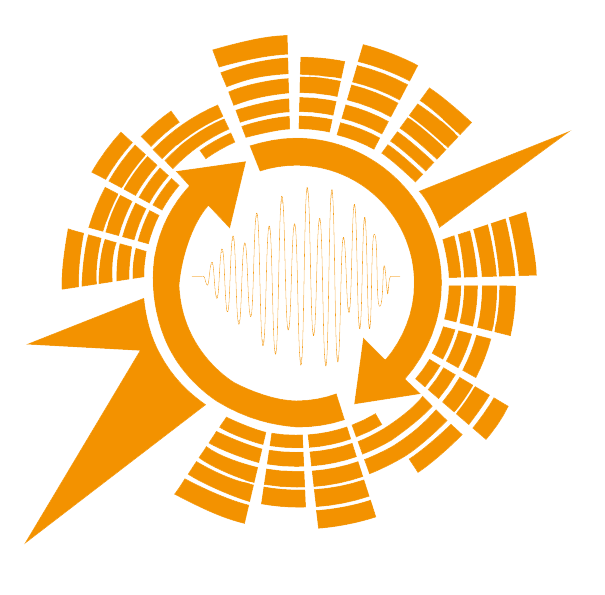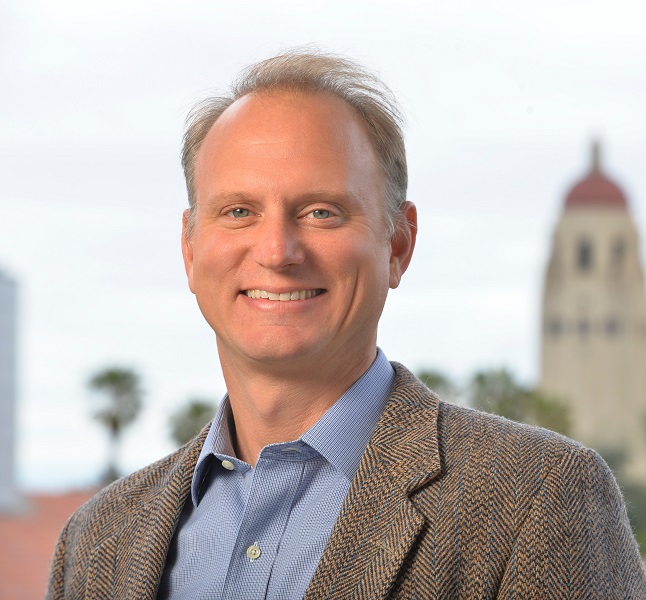Junichi Yamagishi
Professor, Digital Content and Media Sciences Research Division, National Institute of Informatics, Tokyo, Japan


Professor, Digital Content and Media Sciences Research Division, National Institute of Informatics, Tokyo, Japan
ABSTRACT
In this talk, we introduce our recent projects on automatic detection of generated voices or faces. For detection of computer-generated voices, we have constructed a large dataset that contains various types of synthesized and converted speech and organized the ASVspoof challenge where over 50 teams competed for the best anti-spoofing performance. Based on analysis of the challenge results, we show important lessons learned from both the attacker and defender perspectives. In the latter part of the talk, we describe another project on deepfake detection and show new countermeasure models using capsule networks or multi-task models that indicate manipulated facial regions for improving explainability.
BIOGRAPHY
Junichi Yamagishi was awarded a Ph.D. by Tokyo Institute of Technology, Japan in 2006. From 2007-2013 he was a research fellow in the Centre for Speech Technology Research (CSTR) at the University of Edinburgh, UK. He was appointed Associate Professor at National Institute of Informatics, Japan in 2013. He is currently a Professor at NII, Japan. His research topics include speech processing, machine learning, signal processing, biometrics, digital media cloning and media forensics.
He served previously as co-organizer for the bi-annual ASVspoof challenge and the bi-annual Voice conversion challenge. He also served as a member of the IEEE Speech and Language Technical Committee (2013-2019), an Associate Editor of the IEEE/ACM Transactions on Audio Speech and Language Processing (2014-2017), and a chairperson of ISCA SynSIG (2017- 2021). He is currently a PI of JST-CREST and ANR supported VoicePersona project and a Senior Area Editor of the IEEE/ACM TASLP.

Assistant Professor, Aeronautics and Astronautics, Stanford University, Stanford, The United States
ABSTRACT
For robots to effectively operate in our world, they must master the skills of dynamic interaction. Autonomous cars must safely negotiate their trajectories with other vehicles and pedestrians as they drive to their destinations. UAVs must avoid collisions with other aircraft, as well as dynamic obstacles on the ground. Disaster response robots must coordinate to explore and map new disaster sites. In this talk I will describe recent work in my lab using distributed optimization to obtain algorithms for robots to cooperate, and game theoretic methods to obtain algorithms for robots to compete. I will describe a general and flexible method, called SOVA, for deriving distributed optimization algorithms for a variety of multi-robot collaborative problems. I will present an algorithm for fleets of autonomous cars to cooperatively track a large number of vehicles and pedestrians in a city, an algorithm for multiple robots to manipulate an object to a goal while avoiding collisions, and a distributed multi-robot SLAM algorithm, all derived using the SOVA method. I will also discuss algorithms based on the theory of dynamic games, in which each actor has its own objective and constraints. I will describe examples in autonomous drone racing, car racing, and autonomous driving that use game theoretic principles to solve for Nash equilibrium trajectories in real-time, in a receding horizon fashion. Throughout the talk, I will show results from hardware experiments with ground robots, autonomous cars, and quadrotor UAVs collaborating and competing in the scenarios above.
BIOGRAPHY
Mac Schwager is an Assistant Professor of Aeronautics and Astronautics at Stanford University. He directs the Multi-robot Systems Lab (MSL) where he studies distributed algorithms for control, perception, and learning in groups of robots and autonomous systems. He is interested in a range of applications including cooperative surveillance with teams of UAVs, autonomous driving in cluttered, dynamic environments, cooperative robotic manipulation, distributed SLAM, distributed trajectory planning, and autonomous drone and car racing. He obtained his BS degree from Stanford, and his MS and PhD degrees from MIT. He was a postdoctoral researcher at the University of Pennsylvania and at MIT. Prior to joining Stanford, he was an assistant professor at Boston University from 2012 to 2015. He received the NSF CAREER award in 2014, the DARPA YFA in 2018, and has received numerous best paper awards in conferences and journals including the IEEE Transactions on Robotics best paper award in 2016, the Best Paper Award in Robot Manipulation in ICRA 2018, and the Best Paper Award in Multi-Robot Systems in ICRA 2020.